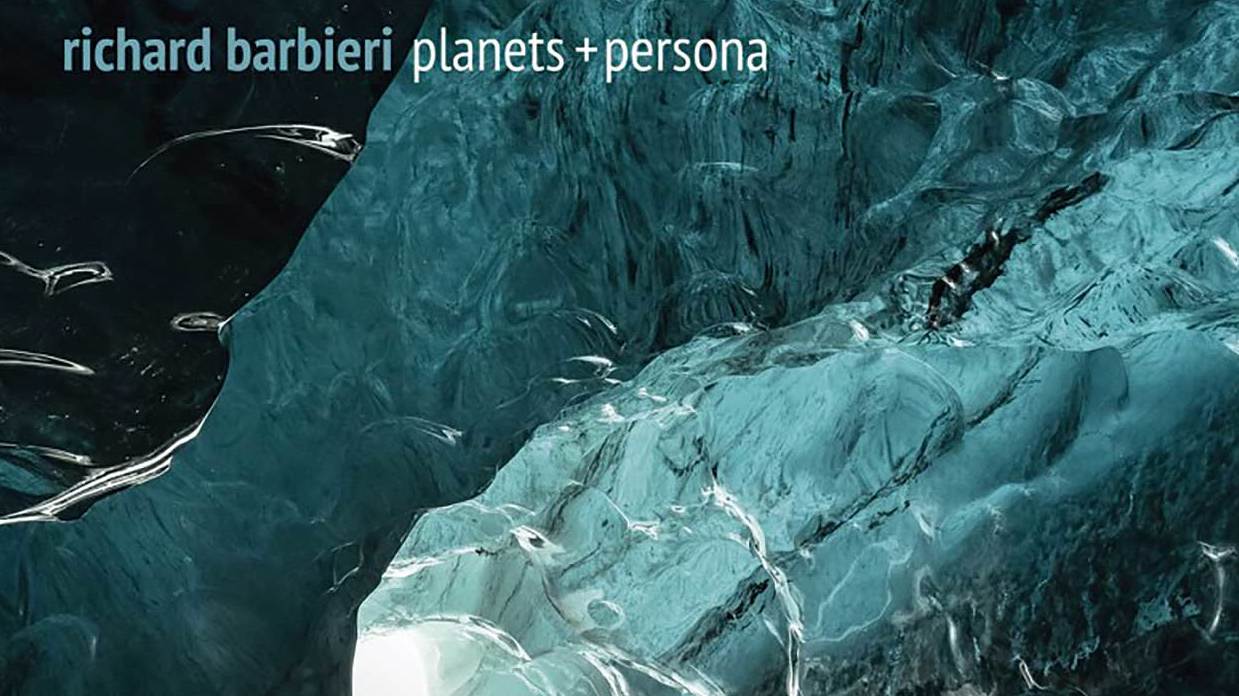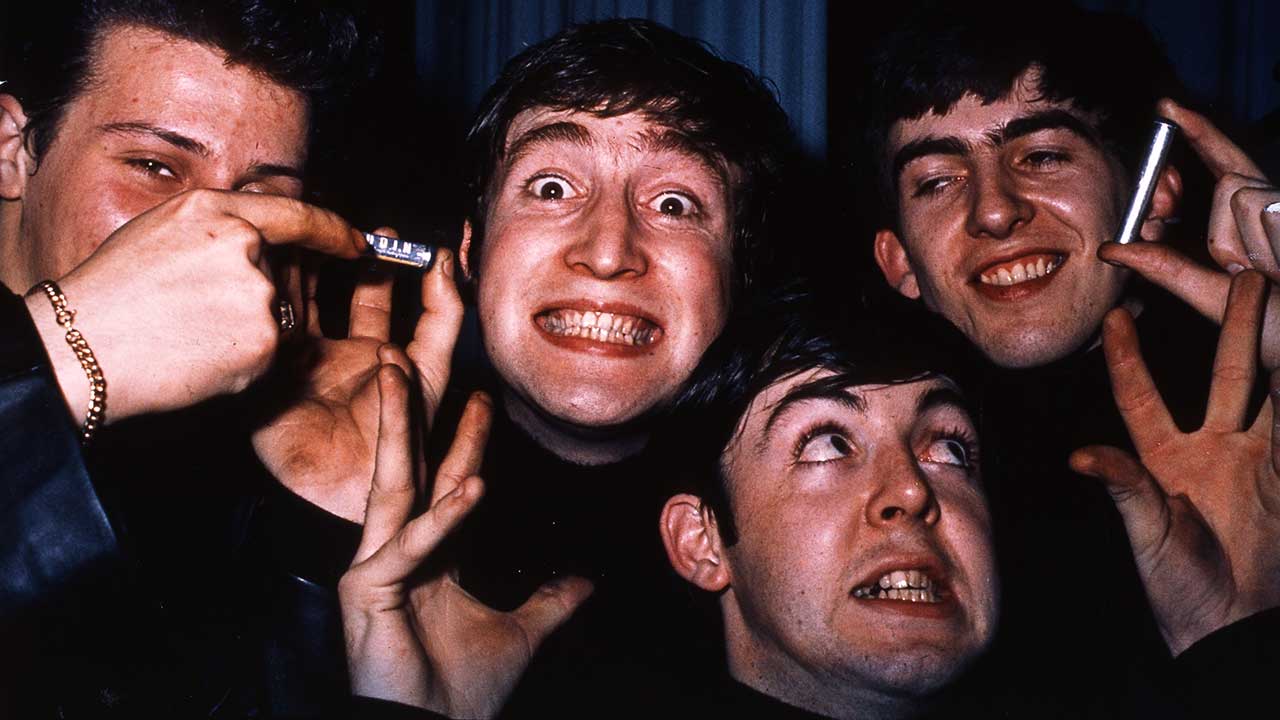You can trust Louder
Richard Barbieri’s contributions to the development of synth and electronica sounds have not gone unrecognised, but the full extent of his influence is undervalued. With Japan, his music switched the flow of much early 80s music from gaiety to introspection. For many, the sight (and sound) of Ghosts – eerie, heartbreaking and the most unlikely top five hit single ever – on Top Of The Pops was a life-changing experience: as revelatory for one generation as Bowie’s Starman was to the previous. It proved the gateway drug for those not yet converted to Japan “deep cuts” like Alien or In Vogue. As well as his own projects and collaborations since (such as Steve Hogarth and Tim Bowness), Barbieri handled keyboards for Porcupine Tree for two decades.
His first solo album in nine years embraces vintage analogue synths, acoustic instruments, treated voices (from Lisen Rylander Love) and Percy Jones’ personality-packed bass. The palate mixes the chillingly exploratory and the warmly organic, but rarely in ways you’d anticipate. It’s a challenging listen at first, thoroughly up to speed with the latest waves in soundscaping, but the rewards for learning to understand its language are bountiful. It leads you through many moods, shapeshifting from sinister to serene (and back again), like an unpredictable yet mesmeric film.
Its duality is referenced in the title: it’s in phases as remote and cold as faraway planets (or the Icelandic cave scene on its cover), in others as intimate as a breath. From the opening glitches, skittering rhythms, jarring interpolations and indecipherable vocal utterances of Solar Sea, it grabs your attention by the neck. What initially seems a relatively accessible pulse beat morphs into a quivering meniscus of mysterious shimmers. New Found Land has an underlying calm, allowing trumpets to glide in, but the 11 minutes of Night Of The Hunter pull your responses every which way. Inspired by the classic, dark Charles Laughton movie, it moves through several conflicting scenes, from early echoes of the Orient to ambient acoustic guitars to a more aggressive, ominous onslaught of the nocturnal, before arriving at a wrought resolution. It’s a major piece, which you’ll want to revisit repeatedly. Interstellar Medium (a solo performance) and Unholy are similarly immersive, while Shafts Of Light is a kind of relaxed respite. Solar Storm bookends with a purposeful, pummelling, sax-drenched sweep, as jazz-jolted as Bowie’s Blackstar. An album of acute, inquisitive intelligence, this confirms Barbieri as one of our most invaluable musicians.
Sign up below to get the latest from Prog, plus exclusive special offers, direct to your inbox!
Chris Roberts has written about music, films, and art for innumerable outlets. His new book The Velvet Underground is out April 4. He has also published books on Lou Reed, Elton John, the Gothic arts, Talk Talk, Kate Moss, Scarlett Johansson, Abba, Tom Jones and others. Among his interviewees over the years have been David Bowie, Iggy Pop, Patti Smith, Debbie Harry, Bryan Ferry, Al Green, Tom Waits & Lou Reed. Born in North Wales, he lives in London.


